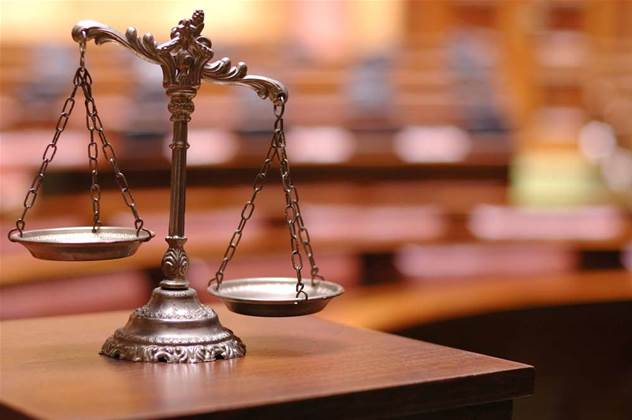A US federal appeals court has ruled NAB's part-owned Alice Corp does not hold valid patents on a computerised trading platform.

The case has been closely watched by the software industry for clues on legal protection of intellectual property rights. How innovative an invention should have to be to receive legal protection is an issue of debate.
But the US Federal Circuit Court of Appeals failed to reach a consensus on how to determine what software is patentable.
Technology companies had hoped the Federal Circuit, which specialies in patent cases, would provide clarity on what software is patentable.
The deeply divided court upheld a district court's decision that patents held by Alice were based on abstract ideas, which are not eligible for patent protection.
In the case, Alice had argued that even if its patents for exchanging financial obligations involved an abstract idea, the idea is "patentable if the computer plays a significant role in the invention."
Adam Perlman, an attorney for Alice, declined to comment.
Under patent law, an abstract concept - such as the idea of a self-driving car - may not be patented, but the engineering that creates a self-driving car may be patented.
Google and Dell both had filed friend-of-the-court briefs stating that "bare-bones" patents like those owned by Alice do not innovate enough to deserve patent protection.
IBM, however, said that most software inventions do qualify for patent protection.
In Friday's opinion, five judges joined a portion of the opinion, authored by Circuit Judge Alan Lourie, that suggested judges ask whether there are "genuine human contributions" to the invention when determining whether it should receive patent protection.
The Federal Circuit's Chief Judge, Randall Rader, did not join that portion of the opinion authored and noted that the test is not precedent-setting.
In a dissenting opinion, Judge Kimberly Moore said that the test described by Lourie could cause a "free fall" in the patent system and that the opinion defines what is "abstract" much too broadly.




_(36).jpg&h=140&w=231&c=1&s=0)
_(23).jpg&h=140&w=231&c=1&s=0)





 iTnews Executive Retreat - Security Leaders Edition
iTnews Executive Retreat - Security Leaders Edition
 iTnews Cloud Covered Breakfast Summit
iTnews Cloud Covered Breakfast Summit
 Melbourne Cloud & Datacenter Convention 2026
Melbourne Cloud & Datacenter Convention 2026
 The 2026 iAwards
The 2026 iAwards












_(1).jpg&h=140&w=231&c=1&s=0)



